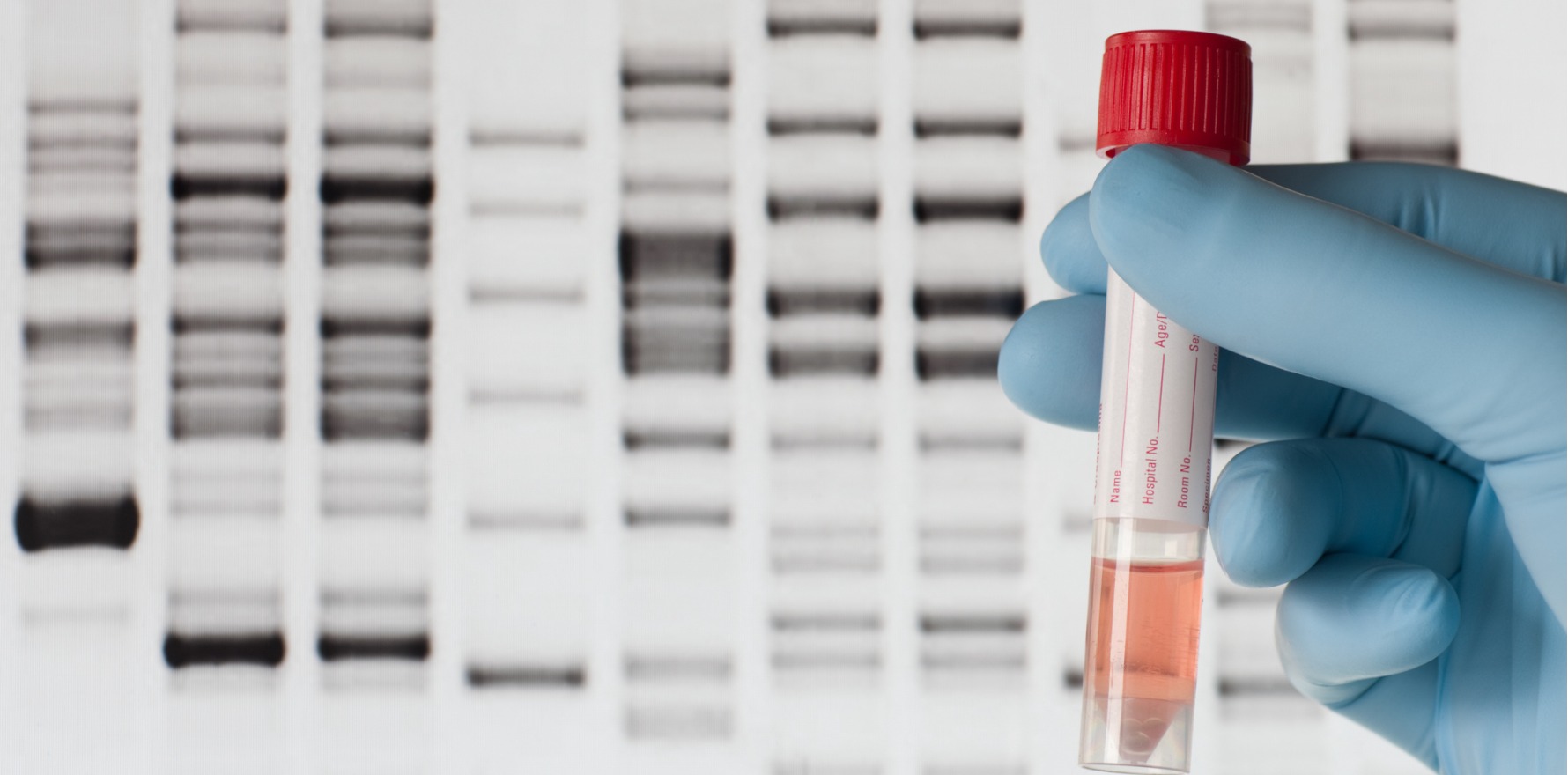Promising new prostate cancer saliva test comes with a strong warning about data security and unnecessary procedures.
A recent study published in the New England Journal of Medicine has found that prostate cancer diagnosis may be significantly improved by using a polygenic risk score, but the Urological Society of Australia and New Zealand (USANZ) have raised big concerns.
The research concluded that for almost 72% of participants, their cancer would not have been detected using the standard diagnostic pathway – an elevated PSA and a positive MRI.
Researchers recruited almost 6400 people from primary care centres in the UK to provide a DNA sample via saliva, which was then profiled against 130 genetic variants known to be associated with an increased prostate cancer risk. Individual risk scores were determined from the genetic profiles.
Of these participants, 745 had a risk score in the 90th percentile or higher and were advised to do further testing. Of them, 468 underwent MRI and biopsy, which confirmed prostate cancer in 40% of cases.
Prostate cancer was classified as intermediate or high risk in more than half of those diagnosed, indicating the need for curative treatment under the 2024 National Comprehensive Cancer Network criteria.
Despite what sounds like a potentially positive pathway for improving prostate cancer diagnosis, USANZ have released a statement pointing out the dangers of saliva testing, advising that further evidence is needed before we can know whether the risks are worth the reward.
“The study shows the saliva test picks up dormant prostate cancers in men who will never have the disease affecting them in their lifetime and exposing a large number of patients to unnecessary biopsies,” said Associate Professor Weranja Ranasinghe, USANZ Genitourinary Oncology Special Advisory Group Leader.
Related
He also noted the potential implications of giving your DNA to commercial companies. In a time of increasing medical data breaches and concerns about what 23andMe are going to sell now that they’ve filed for bankruptcy, it’s not a time to be nonchalant about giving away your saliva. Especially as this method of detection is not ready and won’t be for years, according to USANZ.
“It is very early days with further evidence needed on the saliva test before it can be compared with current screening methods of a PSA blood test and MRI for prostate cancer which focus on detecting aggressive disease,” Professor Ranasinghe said.
“Our focus needs to building awareness and using the current methods to their full extent to detect prostate cancer early and has been proven to save lives.”
NEJM, 9 April 2025





